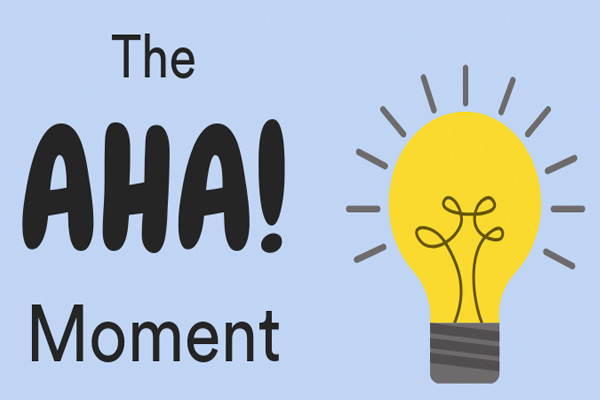It works if you work it… –
Dec. 10, 2020 – For a study funded by the U.S. Department of Veterans Affairs, Vest and his colleagues examined assessments on 406 people diagnosed with both mental illness and substance use disorder over a 15-month period. Assessments were made when the participants were checked into a psychiatric facility and repeated three months, nine months, and 15 months later. Participants stayed in a facility for an average of a week.
In their analysis, the researchers found that almost 90% of participants had cut their alcohol use by 50% or more and had fewer depression symptoms by the end of the study period. After inpatient psychiatric care, some people recovered from addiction with Alcoholics Anonymous, while others who also showed levels of recovery didn’t participate in AA.
“Our results were consistent with what we see in general population studies,” Vest said. “For about one-third of the participants, AA worked really well. But there is also recovery without AA.”
Vest said he became aware of link between mental illness and substance abuse during his years of incarceration. At AA meetings in prison, he also learned how common the dual diagnosis is, and recognized how his own moderate depression had contributed to his years of addiction.
After his release, he decided to focus his doctoral research on the intersection of mental health and substance use disorder, specifically borderline personality disorder and prescription opioid misuse.
Landing at Stanford as a postdoc was “a long shot,” he told me. When he experienced his aha moment in prison, he could never have imagined he’d be where he is today.



